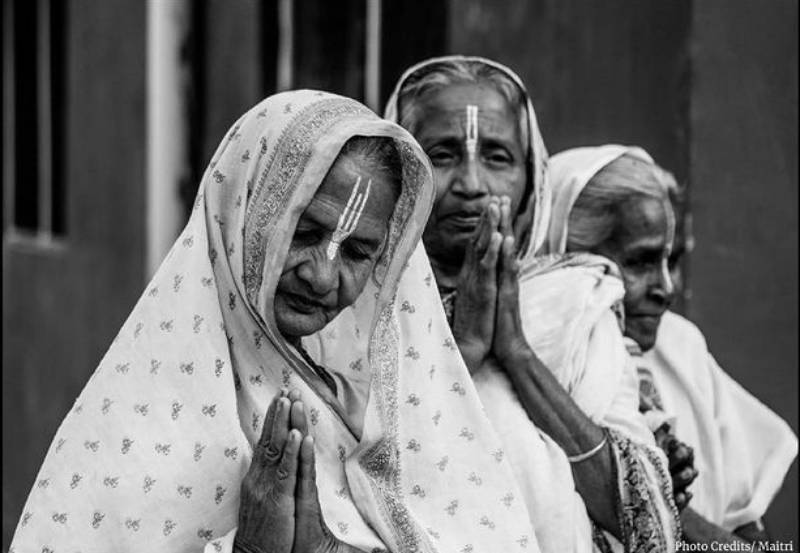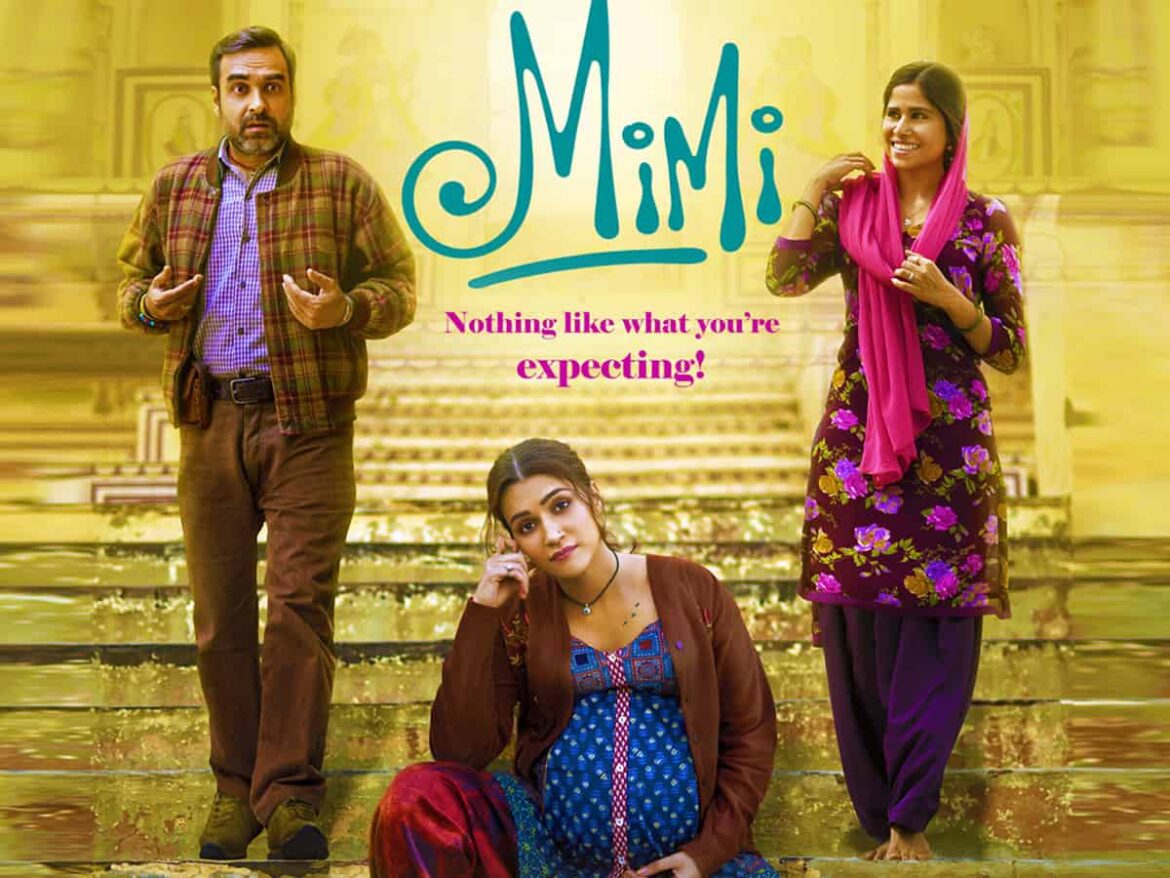By K Vinay Kumar
The situation of widowed women in our country has not attracted the attention of policy-makers, may be because they are not a vocal group aggressively pressing for their rights and due place in the society. However, the situation of widows in our country is miserable on all the fronts – social, cultural and economic. They are treated in a degraded sub-human manner with various restrictions ranging from movement, clothing, holding of some items, to attending functions, etc. The widowed woman once expressed her pain – “I lost my husband, I was looked down by the family and the people surrounding me. The neighboring woman who would earlier come to speak to me, now went away as soon as they see me. If I cross their way, they would assume that something wrong will happen to them. What wrong did I do? It is my fate and destiny that I lost my husband but I didn’t choose to be a widow. If there is something which I can change, I could have certainly done it and saved my husband. But what could I do, if it is the decision of God? I also wanted to die rather than face these problems, but if I kill myself who will take care of my children. They will become orphans and I know no one will take care of them.” This statement by her has been haunting me for a long time. In rural India, women tend to be more worries about ‘what the society will say’, instead of caring for their own happiness and convenience. It is time that the governments do not neglect the sufferings of the widowed women in our country.
The economic hardships that widows face, is worth drawing attention to. We cannot presume that the conditions of urban widowed women are better than rural widowed women. In fact, they face more or less the same economic problems. A lot of widows in India are either illiterate or have only pursued basic education. Throughout their life, they have taken the household responsibilities, which is an unpaid twenty-four hours service. In this responsibility, they even forget the basic education that they have received and do not get time to work on any paid opportunities, making their economic situation worse off.
The sudden demise of their loved one pushes many of them into a great social and psychological pressure which may end up in depression and other health issues. These women find it very difficult to gather the emotional courage and then also to compete in a market with younger women, who have advanced technical and communication skills. On one hand, they have the need to fetch a job for their children, pay their fees and meet their daily needs. On the other hand, they have no government schemes to benefit from, no space in the job market and no skills to help them fetch a livelihood. This pushes them to look for a job in informal sectors, where they are exploited to another extent without proper timings, overwork, hard to perform tasks, compromised safety measures, which may also endanger their lives. By seeing their mothers working hard to meet the demands of the house, the children of these families look for a job (sometime on the right path or some time on the wrong path) to supplement the resources by neglecting their education, sometimes getting trapped in illegal activities.
Different state governments are giving financial assistance which may not even be enough for a one time breakfast of their party MLA’s or MP’s, ranging from 200 to 2000 Rs. This financial assistance would barely cater to their needs apart from great uncertainties because of the range of requirements to be met, at the mercy of local political leaders, at the mercy of Panchayat officials and at last subject to the availability of funds.
In some cases, half of the money that is deposited in the name of the financial assistance gets exhausted on the day of withdrawal itself, because of the travel requirements to get the money from banks. The names of these financial assistance programs are themselves so discriminating in nature as they use the terms such as ‘vidhwa’, ‘vithanthu’, etc. Can’t we use some respectful words to change the attitudes of the people towards them as done in other cases? For example, the right term to be used for those who are differently abled is ‘divyang’.
However keeping aside the terminology, let us continue with their financial assistance issues. Why I am emphasizing about the financial assistance is that this mere Rs. 200 or 2000 leaves these widows dependent on the governments. Once the government changes, this groups tends to be completely forgotten. So the governments need to bring forth a systemic program to ensure their financial independence and overall wellbeing. Many of these widows are willing to work, provided they are given adequate financial assistance to have their own source of livelihood such as assistance in establishing small shops, producing food items, establishing flour mills etc.
If the governments could start a policy to empower the widows with financial assistance with subsidy, without guarantee and at a minimal or zero percent interest ranging from Rs. 50,000 to 1,00000, it could give a start to a new journey and make them financially independent.
Widows are the prime targets for harassment not only at the workplace but also in their neighborhood. Recently I came across a case where an individual has been targeting single women through matrimonial websites. He targeted divorced and widowed women, married seven women and the count may be more but no single women filed a case against him. This is because of the lack of support from the family members and negligence of the society to their appeals. Most families prevent these women from approaching the police and taking legal action. The few who manage to report these cases, usually don’t have enough resources to employ a lawyer and fight. Add to this, the pressure that comes from the local leaders to settle the case, where police too plays their part in asking for their share of the bribe. So these women take a back-foot, considering the social atmosphere and other responsibilities in day-to-day life.
The problem of the elderly widowed women is beyond description because of the lack of proper care, lack of food and increased medical expenditure which even pushes them some time to commit suicide. When I met Lakshmamma, an elderly widowed woman in my village, she said that she has four sons and two daughters, all are married and they are busy in their lives. It has become difficult for them to meet their own needs, so she didn’t want to disturb them. The Government gives two thousand rupees and 5 Kgs of rice. That’s how she manages. She cooks in the afternoon and keeps a part of it for the night. If there is any medical problem, she goes to the government hospital and gets some medicines.
When I asked – “what will you do in case of any serious medical issue?” She replied – “What will I do now, I have lived enough. I am ready to go, whenever there is a call from god.”
According to estimates, there are nearly 40 million widows in India and their number is rising year on year. In 2001 total number of widowed women is 18.5 lakh or 0.7 % of the total population and their number increased hugely in 2011 to 4.6% or 5.6 crores. This number might increase in the upcoming 2022 census because of the pandemic and the poverty that it has brought. So, it is a need of the hour that the central-state governments have to formulate a policy that would help them to become financially independent. For this governments have to establish skill imparting centers to ensure that they develop as entrepreneurs. The CSR funds can be roped in as an initial grant to start their own venture. Hope the government will make moves in this way to help the mothers and sisters of my country who lost their loved ones.




